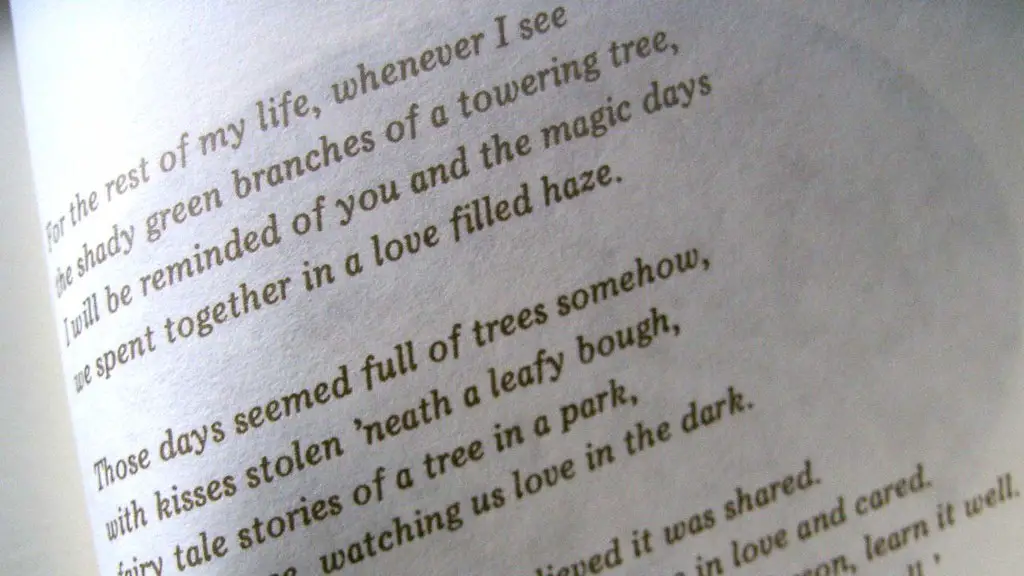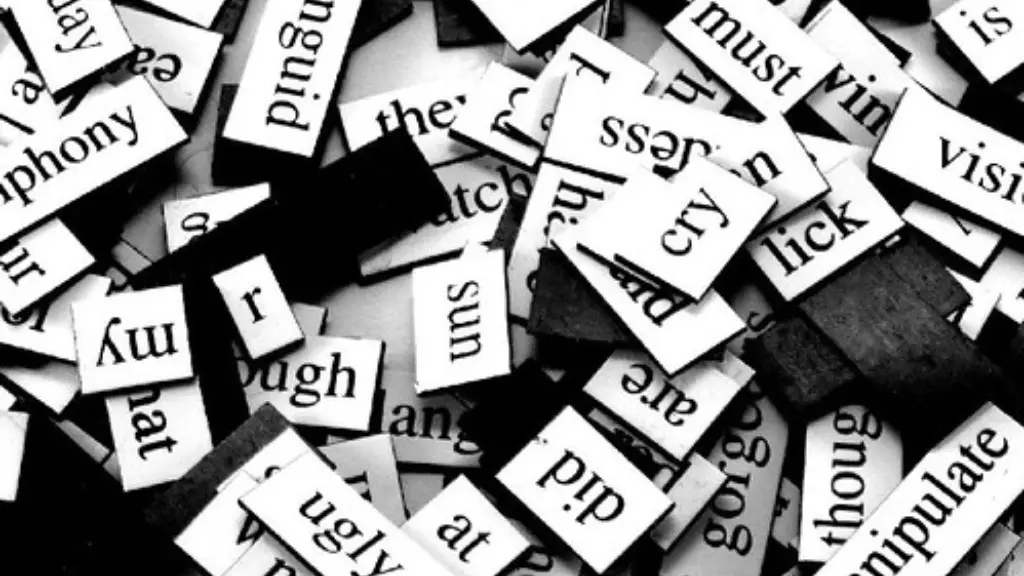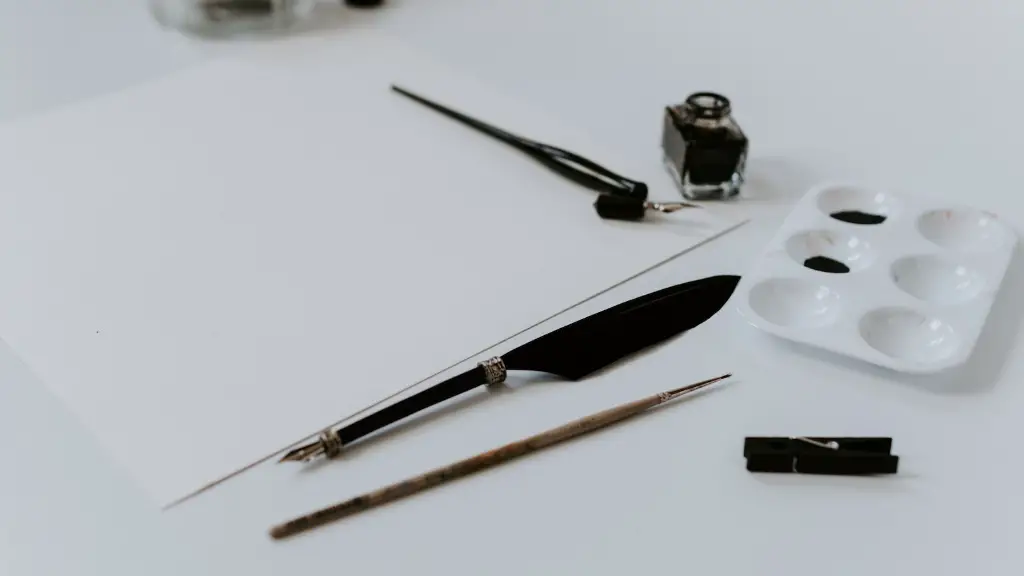Overview of a Poetry Workshop
A poetry workshop is a creative space designed to allow participants to explore their love of language and the written word. Utilizing worksheets, discussion points, and reviews, a successful poetry workshop can provide participants with an opportunity to dive deep into their craft and come out the other side with insight, knowledge and confidence. Facilitated by an experienced leader, a poetry workshop can also be an enjoyable, rewarding and educational experience.
Essential Tools to Lead a Workshop
Having the right tools to lead a poetry workshop is essential. Good workshop leaders have a prepared list of materials and topics to cover, from poetry activities, interesting readings, prompts and examples. Leaders should bring ample copies of poems for participants to use for discussion. Leaders must also provide materials for the activity: Writing paper, pencils, pens, markers, and other art materials for more creative team-building activities. Additionally, having a comfortable space for the workshop and adequate time for the participants to work is key.
Setting Up the Workshop Space
Creating a comfortable space for participants to work and discuss is paramount. Setting up the workshop space should be done well in advance of the event. Ensure that participants have room to move around the area and resources to help them with their activities such as books, magazines and computers. Space should also be set aside for participants to share their work and receive constructive criticism from fellow participants. A leader should also ensure they have appropriate refreshments available to ensure all participants remain energized, engaged and motivated.
Creating an Intimate Setting
Creating an intimate, non-judgmental environment is the key when it comes to a successful poetry workshop. The leader should be compassionate and let participants take the lead in the discussion and activities. They should allow the participants to reflect, create and connect with their own experiences. Creating activities that are tailored to the participants’ interests and goals is also a great way to ensure everyone feels included and respected.
Critique and Feedback
Providing feedback and critiques is a key part of a successful poetry workshop. The leader should model critique for the rest of the participants by providing constructive and positive feedback and guidance. Facilitating group critiques in a non-judgmental manner is essential, as well as ensuring the critiques are specific and helpful. The focus should be on helping participants learn and grow as a result of the workshop.
Finishing Touches
A successful poetry workshop needs to finish on a high note. To this end, the leader should provide an overview and a summary of the workshop, as well as a call to action on what the participants should take away from the experience. Additionally, handing out certificates of completion or providing special readings or art to commemorate the day can provide a boost of inspiration and a sense of accomplishment for participants.
The Importance of Reflection
Reflecting on what was learned and produced in the workshop is a crucial step. Not only does it allow the leader to move forward and make changes where needed, but it also helps participants to remember what they did. Leaders should also consider setting up a Slack channel or similar forum for participants to interact and share comments, questions and writings with each other. This will help foster a sense of community and collaboration, as well as reinforcing and exploring each participants’ writing and interests.
Types of Poetry and the Writing Process
As a leader of a poetry workshop, it is important to have an understanding of the various types of poetry and their associated writing and performing techniques. Covering topics such as rhyme, meter, stanza and syllabic structures, as well as the essential elements of close reading are essential. The leader should also be familiar with the writing process, which involves brainstorming, drafting, revising, and editing, as well as the various poetic forms. Understanding the various poetic structures will ensure that participants gain knowledge to use in their own writing.
The Use of Imagery and Metaphor
Exploring the use of imagery and metaphor is an important component of a successful poetry workshop. Participants should be taught that images can help to capture the reader’s attention, illustrate complex ideas and nuances of language, and create a vivid understanding of a poem. It’s also important for participants to understand that the use of metaphor can be an effective tool to bridge ideas and explore relationships between them. Discussing the relationship between imagery, metaphor and language can help to open up participants’ thinking and lead to further exploration and experimentation in their writing.
Exploring Style, Voice and Tone
Exploring style, voice and tone is essential to a successful poetry workshop. Leaders should give participants the opportunity to explore different writing styles and identify their own unique voice. They should also discuss the concept of tone with participants, which is the attitude of the poet toward the subject, the audience, and the poem itself. These topics should help participants to become more mindful and creative when writing, as well as increasing their confidence in their own ability and ideas.
Creating a Sense of Fun and Relaxation
The key to a successful poetry workshop is creating a relaxed and fun atmosphere. There should be a balance between hard work and play by providing activities such as poetic bingo, name games and group brainstorms. Leaders should also be sure to take regular breaks throughout the workshop to provide rest and give participants a chance to recharge and process the activities they have participated in. Inviting guest poets to read or perform can also be a great way to add variety and interest to the workshop.


